The decision by India to suspend the World Bank-mediated Indus Waters Treaty of 1960 — which ensures water for 80% of Pakistani farms — halt all trade and ban pharmaceutical supplies in response to the Pahalgam terror attack that killed 26 people last week, has panicked Pakistan, prompting it to initiate emergency measures, including approaching other countries for supplies and seeking mediation to ease tensions.
The move has escalated tensions between the two countries. India has closed the Attari-Wagah border, effectively putting on hold cross-border trade worth Rs 3,886.53 crore between India and Pakistan.
According to a media report, Pakistani health authorities have initiated “emergency preparedness” measures to secure pharmaceutical supplies in response to the suspension of trade ties with India.
“Following the 2019 crisis, we had started preparing for such contingencies. We are now actively looking at alternative avenues to meet our pharmaceutical needs,” the report quoted a senior Drug Regulatory Authority of Pakistan (DRAP) official as saying.
Although direct trade between India and Pakistan remains limited, goods worth nearly $10 billion reach Pakistan through indirect channels every year, according to estimates by the Global Trade Research Initiative (GTRI).
Currently, Pakistan relies on India for 30% to 40% of its pharmaceutical raw materials, including Active Pharmaceutical Ingredients (API) and various advanced therapeutic products. With this supply chain disrupted, DRAP is now seeking alternative sources from China, Russia, and several European countries.
‘We’ll die of hunger’
Spraying pesticides on his parched vegetables one street away from the Indus River, Pakistani farmer Homla Thakhur is worried about his future. The sun is at its peak, the river is running very low, and India has vowed to cut supplies upstream after the deadly militant attack in Kashmir.
“If they stop water, all of this will turn into the Thar desert, the whole country,” said Thakhur, 40, before heading back to the river to refill the tank for the spray gun. “We’ll die of hunger.”
His nearly 5-acre (2-hectare) farm is located in the Latifabad area of the southeastern province of Sindh, from where the Indus flows into the Arabian Sea after originating in Tibet and snaking through India.
Thakhur’s fears were echoed by more than 15 Pakistani farmers and several other experts, especially as rainfall has been scant in recent years.
For the first time, India on Wednesday suspended the Indus Waters Treaty, saying it would last until “Pakistan credibly and irrevocably abjures its support for cross-border terrorism”.
With inputs from agencies.


)
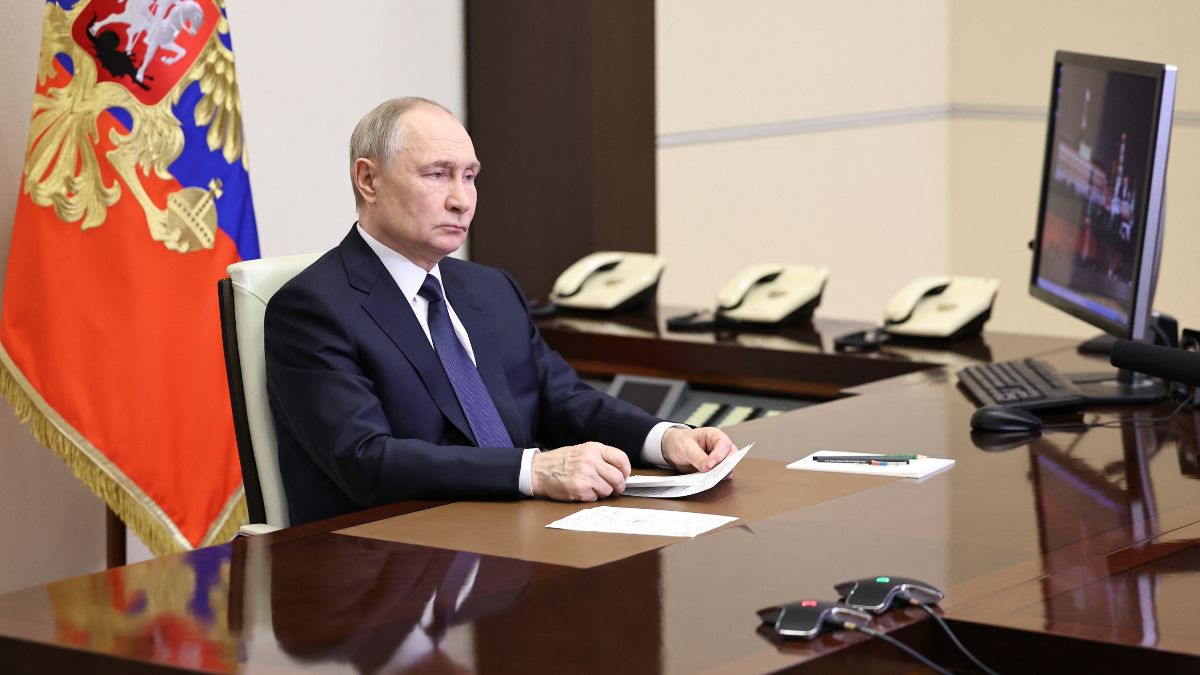)
)
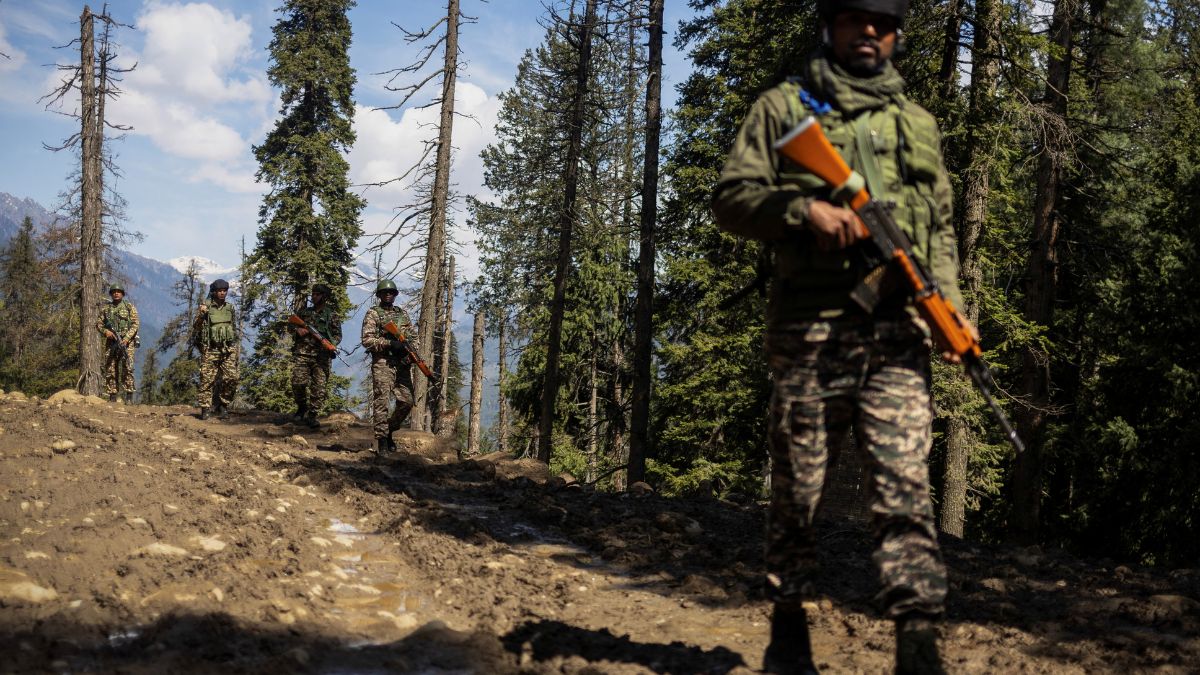)
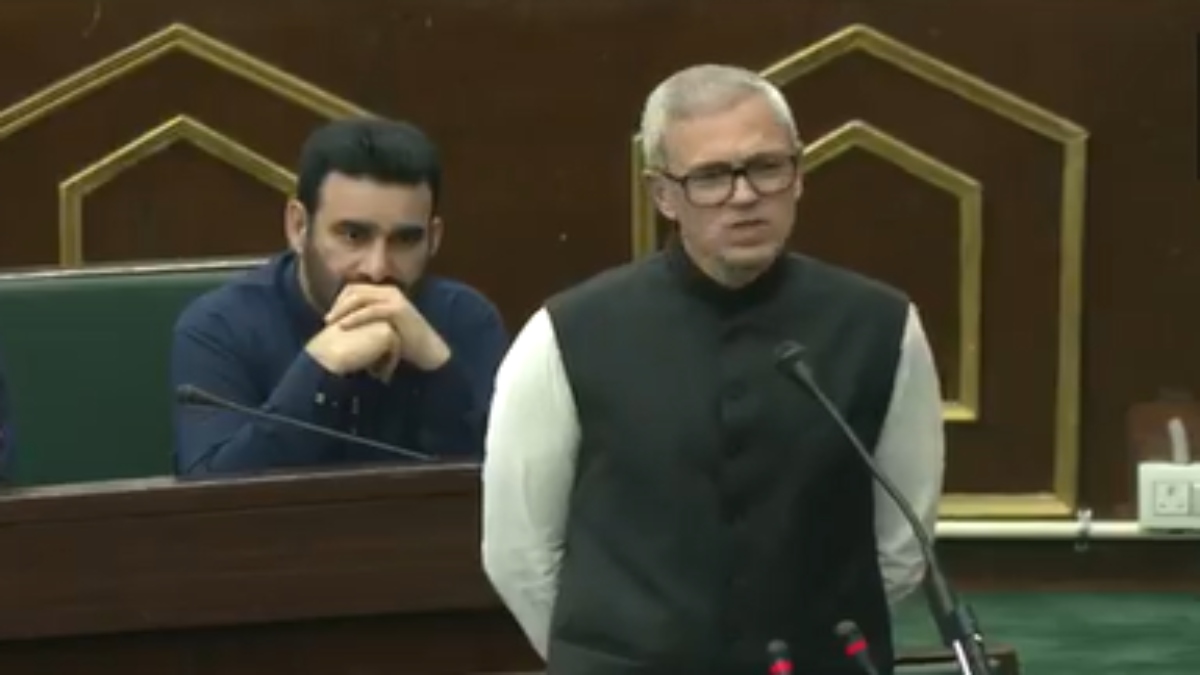)
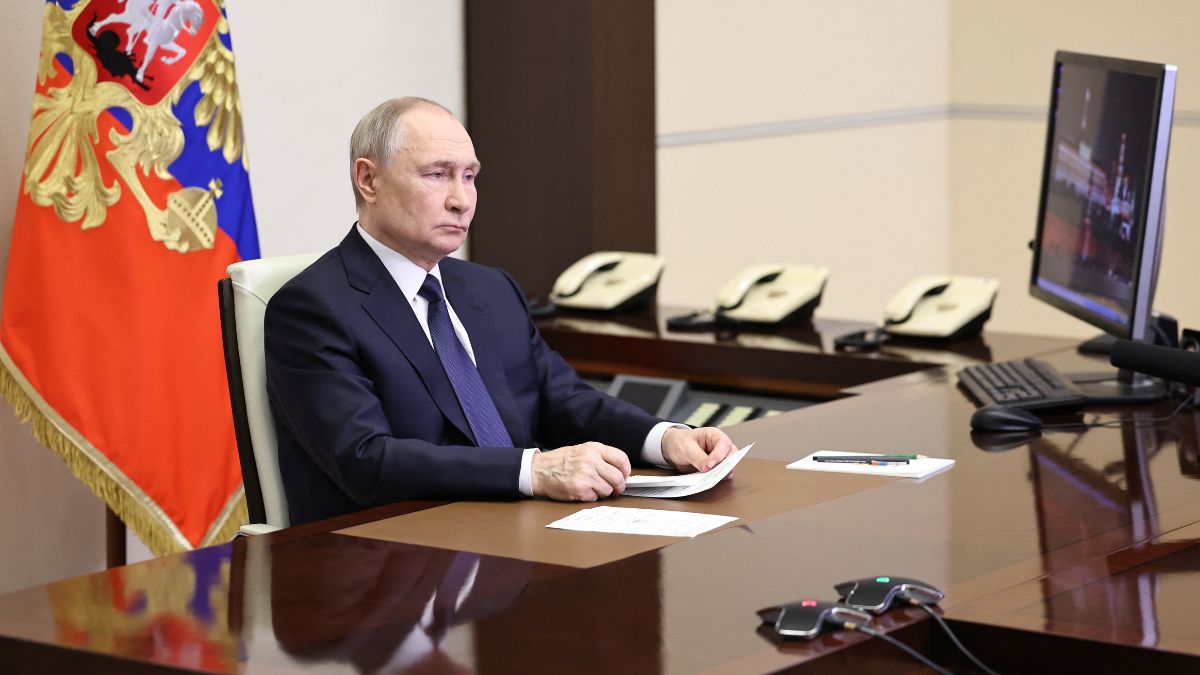)
)
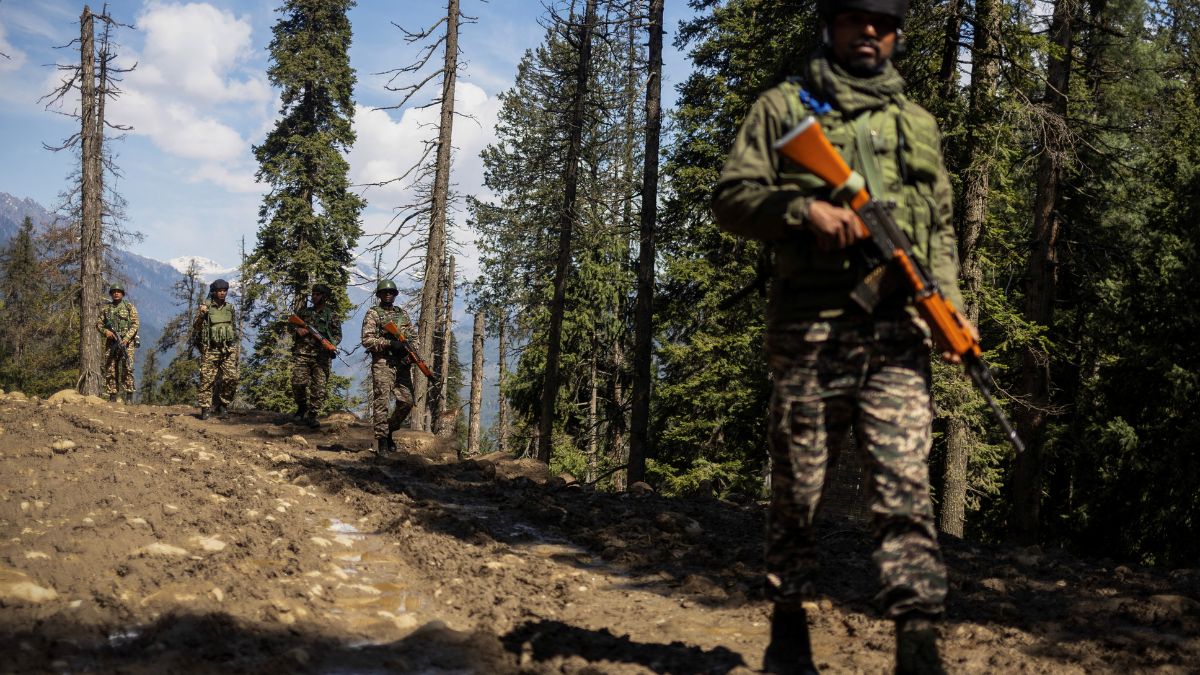)
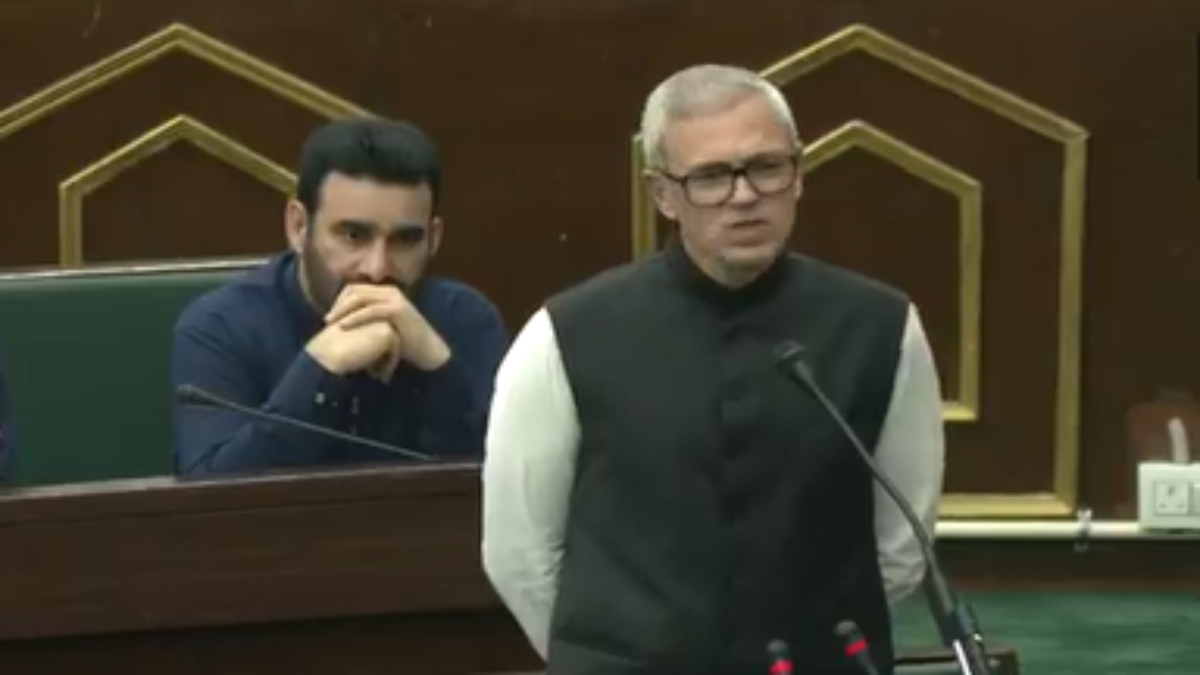)